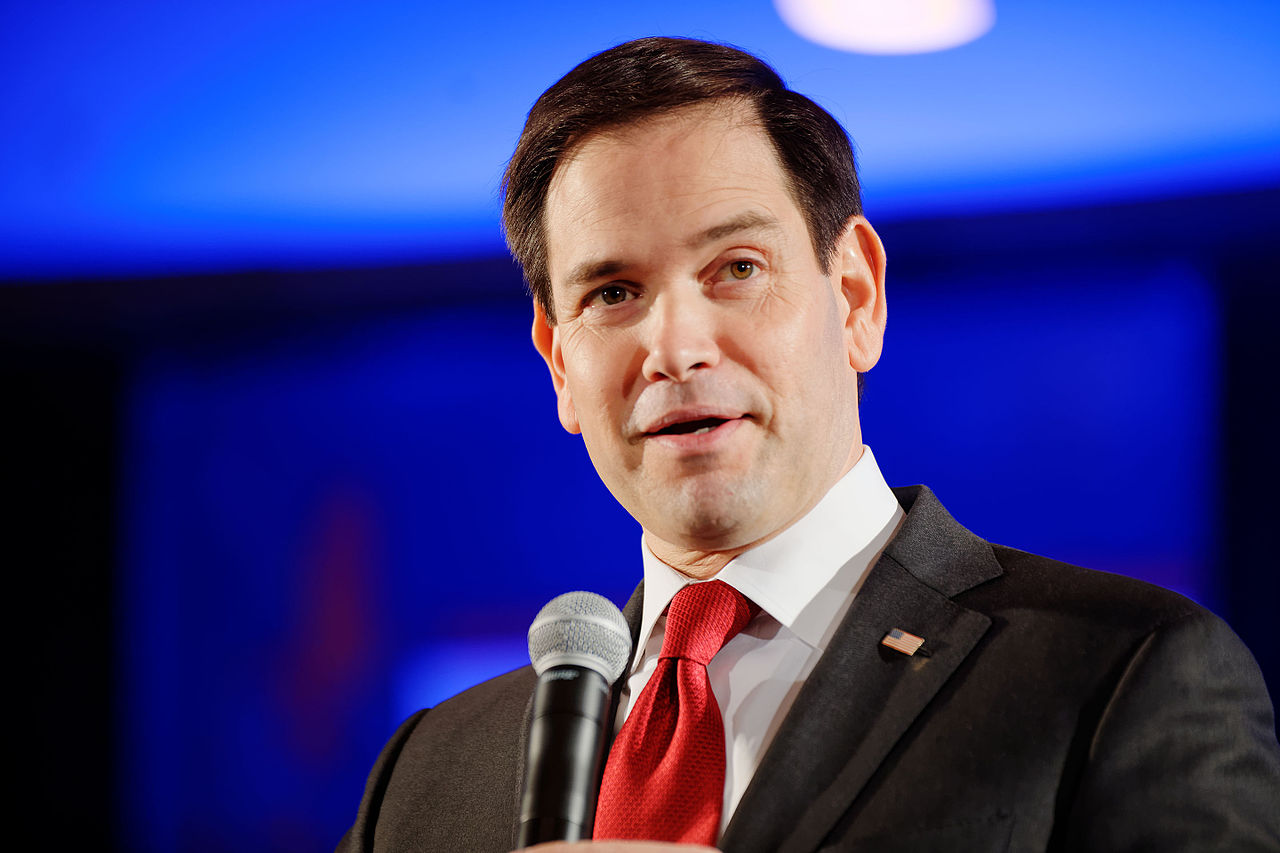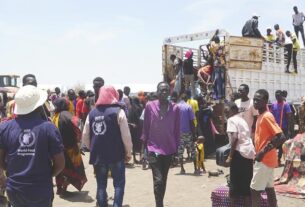WASHINGTON, D.C. — U.S. Secretary of State Marco Rubio is set to host the signing of a declaration of principles between Rwanda and the Democratic Republic of Congo (DRC) on Friday, marking a significant diplomatic step following a surprise truce announcement earlier this week.
The U.S. State Department listed the signing in its official schedule but has not yet released the full contents of the agreement. The declaration will be co-signed by DRC Foreign Minister Thérèse Kayikwamba Wagner and Rwandan Foreign Minister Olivier Nduhungirehe, signaling a renewed push for peace after months of intensified conflict in eastern DRC.
The deal follows a Wednesday announcement that the DRC and the M23 rebel group — which has seized several key territories in the mineral-rich east — had agreed to a temporary cessation of hostilities while negotiating a permanent ceasefire. Since January, the conflict has claimed thousands of lives and displaced entire communities near the border region.
Rwanda’s Role and International Mediation
The United Nations and several Western governments, including the United States, have accused Rwanda of backing the M23 militia, a claim Kigali denies. The group has been one of the most active insurgent forces in the region, reigniting tensions between the two neighbors.
Qatar, a frequent U.S. diplomatic partner, played a pivotal role in facilitating the negotiations that led to this week’s truce. U.S. officials reportedly encouraged the process amid growing international concern over regional instability and access to strategic minerals, such as cobalt and coltan, which are vital to global tech and defense industries.
Economic and Strategic Dimensions
The DRC, keen on deepening ties with Washington, has also offered to sign a separate bilateral agreement with the United States focused on securing access to critical minerals, underscoring the strategic stakes behind the current diplomacy.
The truce and upcoming declaration of principles represent the most hopeful development in months, but observers warn that previous ceasefire attempts have collapsed under unresolved political tensions and continued militia activity.
The U.S.-brokered event is expected to bring renewed international focus to the fragile peace process and may pave the way for a broader regional framework to manage and eventually resolve the long-standing conflict.
Sources:
- U.S. State Department Public Schedule
- United Nations Security Council Briefings
- Reports via AFP, Al Jazeera, and Reuters
- Jurist.com reporting by field correspondents
Marco Rubio Picture on Wikimedia by Michael Vadon



